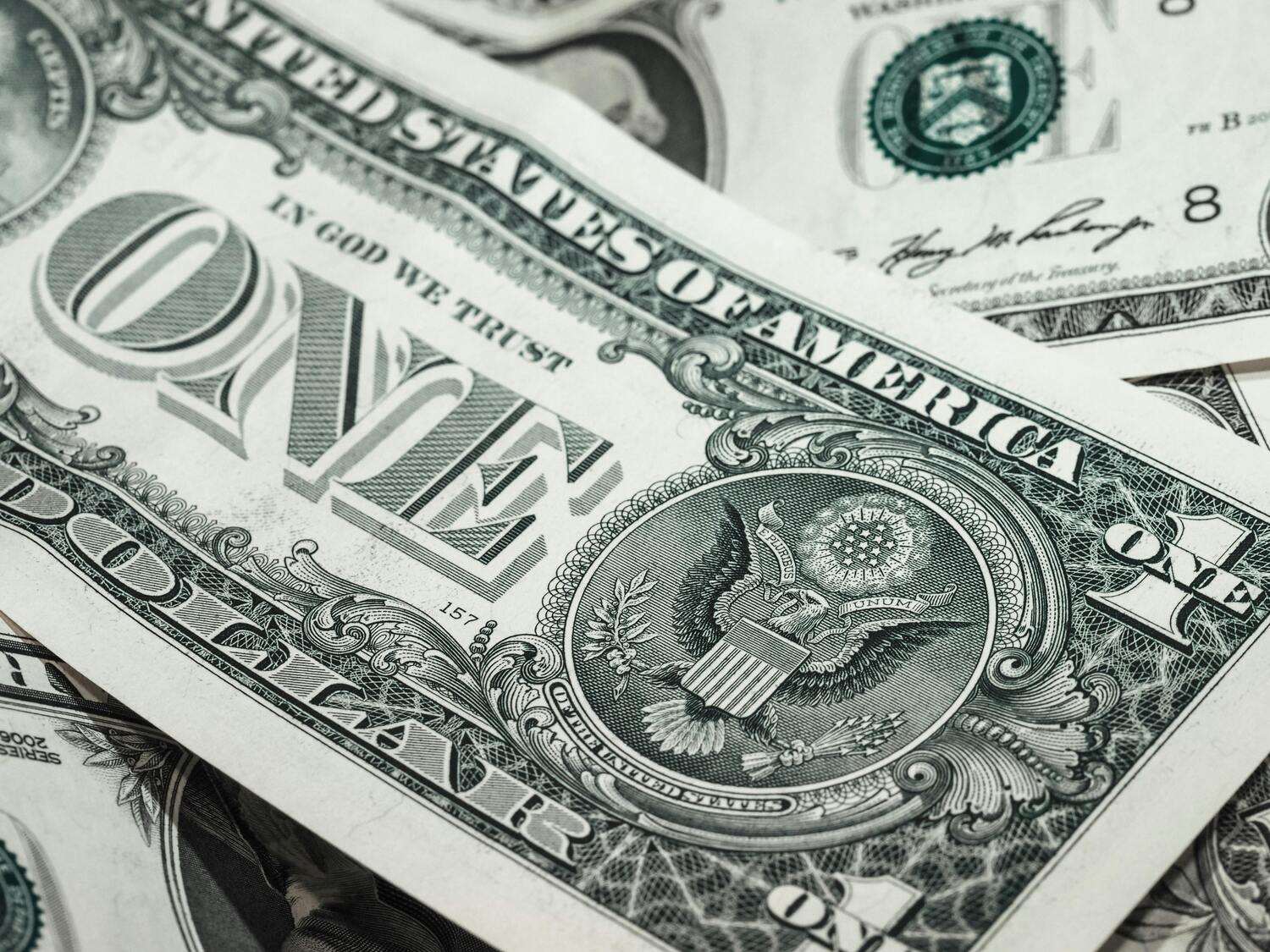You’re not just avoiding your bank account. You’re avoiding your reflection. That sinking feeling when the credit card statement hits your inbox isn’t just financial stress. It’s shame. And it’s the reason so many people stay stuck in debt even as they desperately want out.
We’ve been taught that debt equals failure. That if you owe money, you’re irresponsible. That if you’re struggling, it’s because you messed up. But what if that shame is doing more damage than the debt itself? What if the silence, the secrecy, and the self-blame are what’s really keeping you poor?
The Emotional Weight of Debt Is Heavier Than the Interest
Debt isn’t just a number. It’s an emotion. It’s the pit in your stomach when you hand over a credit card. The mental math you do before every purchase. The heat that rises to your face when someone casually mentions their “debt-free journey.” The shame doesn’t just sit in your wallet. It lives in your body.
This emotional toll doesn’t just feel bad. It costs you. Shame causes paralysis. You stop opening bills. You delay making calls. You ignore your finances because facing them feels unbearable. And while you’re stuck in that freeze response, interest compounds and options shrink. Shame steals your power to act.
How Society Weaponizes Financial Mistakes
We treat debt like a moral failure. Especially in a world obsessed with hustle culture and bootstrap mythology, the message is clear: if you’re in debt, it’s your fault. Never mind medical bills, predatory loans, or an underpaid economy. The blame gets put squarely on the person, not the system.
This mindset creates a culture of secrecy. People hide their debt from partners, friends, and even therapists. They stay silent, thinking they’re the only ones struggling. But debt is shockingly common—nearly 77% of American adults carry some form of it. The silence around it isn’t protecting us. It’s isolating us.
Shame Makes You Hide And Hiding Blocks Solutions
Shame thrives in secrecy. It convinces you that your situation is too messy, too embarrassing, too far gone. It makes you hide your credit statements in drawers, delete payment reminders, and ghost creditors. But here’s the truth: hiding never fixes the problem. It just feeds it.
When you’re ashamed, you don’t negotiate. You don’t seek help. You don’t ask questions. You don’t learn. You just brace for impact and hope it somehow goes away. But debt doesn’t disappear with silence. It disappears with plans, support, and action. And shame gets in the way of all three.
You Can’t Budget Your Way Out of Guilt
Most financial advice skips over the emotional part. You’ll find tips on debt snowballs and avalanche methods but rarely on how to stop hating yourself for needing them. But until you address the shame, even the best strategies won’t stick.
Because shame doesn’t just drain your confidence. It sabotages your habits. You might overspend to cope. You might avoid your bank balance because it triggers anxiety. You might swing between extremes—total restriction and emotional splurging. This isn’t a lack of discipline. It’s a trauma response to guilt.

Reframing Debt as a Financial Event, Not a Moral Identity
Debt is a situation, not a sentence. It’s something that happened, not who you are. Reframing the narrative around debt is critical to taking back control. Instead of “I’m bad with money,” try “I’ve faced financial challenges, and I’m learning from them.”
This isn’t toxic positivity. It’s psychological accuracy. People don’t spiral into debt because they’re bad people. They spiral because of life events, bad advice, unfair systems, or survival decisions. When you give yourself the grace to see the full picture, shame loses its grip.
Talk About It, Even When It Feels Uncomfortable
The antidote to shame is sunlight. Start by talking about it. Not with everyone, but with someone. A trusted friend. A therapist. A support group. Your partner. Or even just writing about it in a private journal. Naming your shame takes away its power.
You’ll be surprised how many people respond with “me too.” The more debt is normalized, the more power we have to dismantle the silence that keeps it so damaging. Vulnerability isn’t weakness. It’s the beginning of freedom.
Small Acts of Empowerment That Break the Shame Cycle
You don’t have to shout your debt from the rooftops. But you can start with small, courageous acts that reinforce your agency:
- Look at your total debt number without judgment.
- Call one creditor and ask about hardship options.
- Read a personal finance story from someone who’s been where you are.
- Speak kindly to yourself when you feel overwhelmed.
These aren’t just financial acts. They’re emotional ones. Each one chips away at the wall of shame, brick by brick.
Forgiveness Is a Financial Tool
You can’t move forward if you keep punishing yourself for the past. Self-forgiveness isn’t fluffy. It’s strategic. It allows your brain to shift from survival mode to problem-solving mode. And that mindset is what changes everything.
You are not your past mistakes. You are your willingness to learn from them. You are your resilience. And you are worthy of respect, even if your debt is still in progress.
Shame Keeps You Stuck. Compassion Sets You Free
Debt shame is the invisible chain that keeps people stuck in cycles they desperately want to break. But it doesn’t have to be permanent. You can dismantle it, piece by piece, with honesty, support, and self-compassion. The debt may still be there, but the shame doesn’t have to be.
What stories have you been telling yourself about your debt, and what would it feel like to tell a different one?
Read More:
Debt Is the New Middle Class: Why Everyone Looks Rich But Owes Everything
How Debt Is Marketed as Freedom and Why That’s a Lie
Riley is an Arizona native with over nine years of writing experience. From personal finance to travel to digital marketing to pop culture, she’s written about everything under the sun. When she’s not writing, she’s spending her time outside, reading, or cuddling with her two corgis.
Read the full article here
















